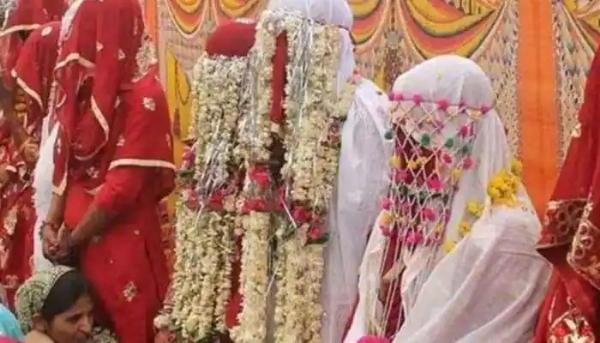Muslim girls can marry at 16: Punjab and Haryana HC upholds minor marriage
The matter was heard by a single-judge Bench of Justice Jasjit Singh Bedi. A Muslim couple from Pathankot, aged 16 and 21 years, approached the court to seek protection from their family members.
Total Views |
New Delhi, June 20: The Punjab and Haryana High Court have held that a Muslim girl over 16 years of age can marry a person of her choice. The matter was heard by a single-judge Bench of Justice Jasjit Singh Bedi. A Muslim couple from Pathankot, aged 16 and 21 years, approached the court to seek protection from their family members.

According to the reports, the marriage of the petitioners was solemnized on June 8, 2022, as per Muslim rites and ceremonies. The Muslim couple argued that ‘in Muslim law, puberty and majority are one and the same, and that there is a presumption that a person attains majority at the age of 15 years’. Quoting Sharia law, they further argued that a Muslim boy or Muslim girl who has attained puberty is at liberty to marry anyone he or she likes, and the guardian has no right to interfere.
The private media quoted Justice Bedi as saying, “The law is clear that the marriage of a Muslim girl is governed by the Muslim Personal Law. As per Article 195 from the book ‘Principles of Mohammedan Law’ by Sir Dinshah Fardunji Mulla, the petitioner No. 2 (girl) being over 16 years of age is competent to enter into a contract of marriage with a person of her choice. Petitioner No.1 (boy) is stated to be more than 21 years of age. Thus, both the petitioners are of marriageable age as envisaged by Muslim Personal Law…”
The bench disposed the petition holding that “the court cannot shut its eyes to the fact that the apprehension of the petitioners needs to be addressed”. The bench also directed the SSP, Pathankot, ‘to decide the representation of the petitioners and take necessary action as per law’.
“Merely because the petitioners have got married against the wishes of their family members, they cannot possibly be deprived of their fundamental rights as envisaged in the Constitution of India,” the bench said.

